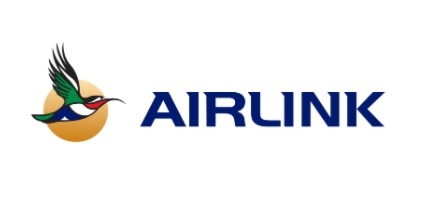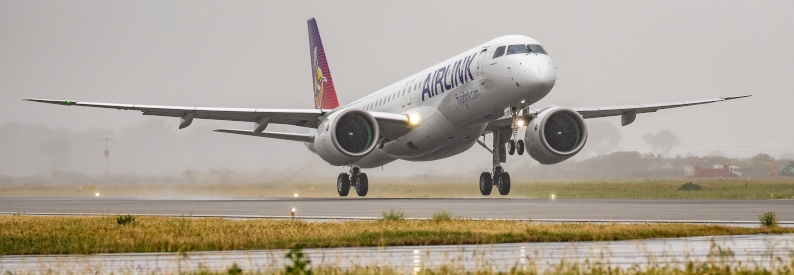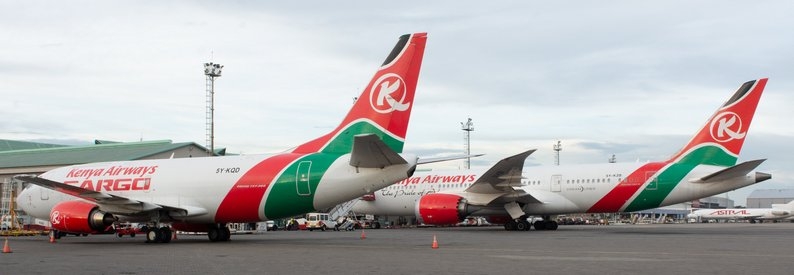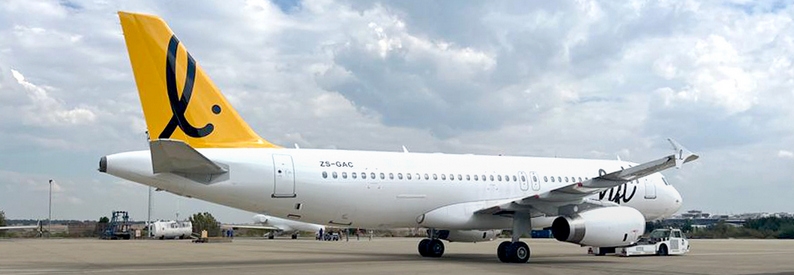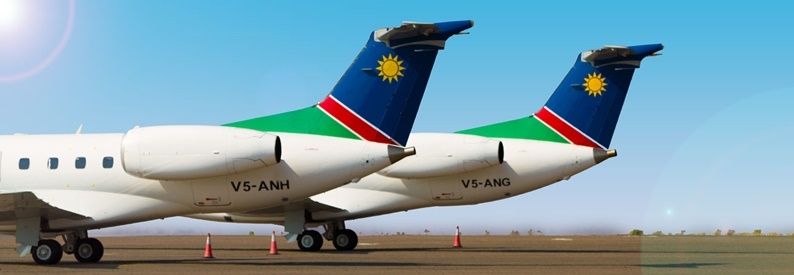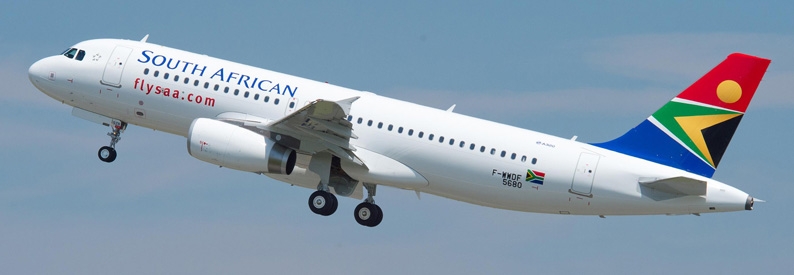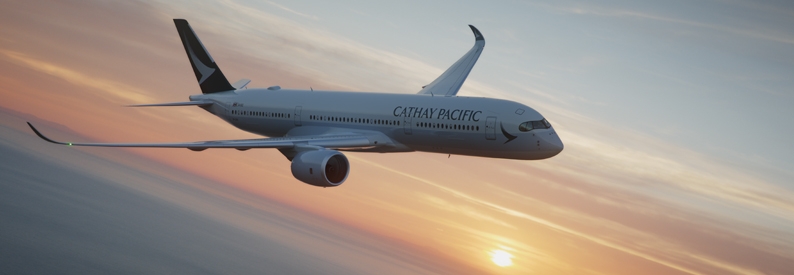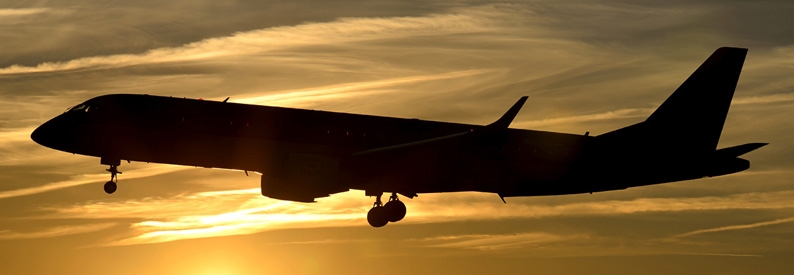Airlink (South Africa) (4Z, Johannesburg O.R. Tambo) is taking another shot at retrieving nearly ZAR900 million rand (USD61 million) of its revenue consumed by South African Airways (SA, Johannesburg O.R. Tambo) before the national carrier went into administration in December 2019.
The regional airline has instituted renewed court proceedings in the South African High Court in Johannesburg against SAA and the receivers of its business rescue proceedings, Siviwe Dongwana and Bongani Nkasana.
The back story to the case is that SAA and Airlink had been in a franchise relationship for 23 years under which passengers booked and paid for Airlink flights using SAA's booking and revenue collection platform.
SAA defaulted on ZAR897.4 million (USD61.2 million) of Airlink's revenue when, instead of paying it out to Airlink, it used the funds as operating capital while in financial dire straits ahead of going into business rescue. The move was a massive financial setback for Airlink and – at the time - compromised its equity by at least 50%, according to Chief Executive Officer and Managing Director Rodger Foster.
According to the court docket, Airlink's claim against SAA consists of:
- ZAR473.1 million (USD32.3 million) in flown ticket revenue as at December 7, 2019. This comprises ZAR418.5 million (USD28.5 million) relating to flights operated in November 2019; and ZAR54.6 million (USD3.7 million) for flights flown between December 1 and 5, 2019;
- ZAR424.2 million (USD28.9 million) in unflown ticket revenue as at August 31, 2021.
SAA's business rescue plan adopted on July 14, 2020, provides for a ranking of distributions to different categories of creditors in what is commonly referred to as a "payment waterfall". Under its terms, Airlink is ranked as a concurrent creditor, meaning it is not entitled to any preferential treatment.
The dispute between Airlink and SAA and its receivers is whether Airlink continues to have a claim against SAA now that the national carrier has exited business rescue.
Central to the case is whether Airlink's demands are pre-or post-commencement claims. SAA and the receivers contend they arose before SAA entered administration, meaning they are pre-commencement claims. Therefore, Airlink would have no claim at all against the now rescued SAA.
The crux of Airlink's case is that it wants the court to declare its claim against SAA as post-commencement dues as the payments from SAA to Airlink were to be paid after December 5, 2019 – the date SAA entered into business rescue. Airlink argues the ZAR473.1 million in payments for flown revenue were due on December 10 and 23, 2019, and January 10 and 22, 2020.
It wants SAA to repay "up to the amount of any working capital injection received" as provided for in its business rescue plan.
Should SAA not be liable for the flown and unflown claims, Airlink wants the court to direct the receivers to treat it as an "unsecured PCF (post-commencement finance) creditor", which means it would be paid out ahead of any concurrent creditors and lessors and proportionately with other unsecured PCF creditors. It also wants to the court to order an "equalization distribution" to Airlink "to achieve proportionate distributions between the unsecured PCF creditors".
The respondents have 15 days to file an answering affidavit. They are SAA (first respondent), receivers Siviwe Dongwana and Bongani Nkasana (second and third respondents), the unsecured PCF creditors of SAA (fourth respondents), the concurrent creditors (fifth respondents), and lessors (sixth respondents). The groups of creditors are included in the proceedings as the relief sought by Airlink may affect their pay-out from the SAA receivership.
Previous legal attempts by Airlink to retrieve ZAR510 million (USD34.8 million) in ticket sales from SAA were rejected in December 2020 by South Africa's Supreme Court of Appeal after the High Court in Johannesburg had also dismissed an initial application.
- Type
- Base
- Aircraft
- Destinations
- Routes
- Daily Flights
